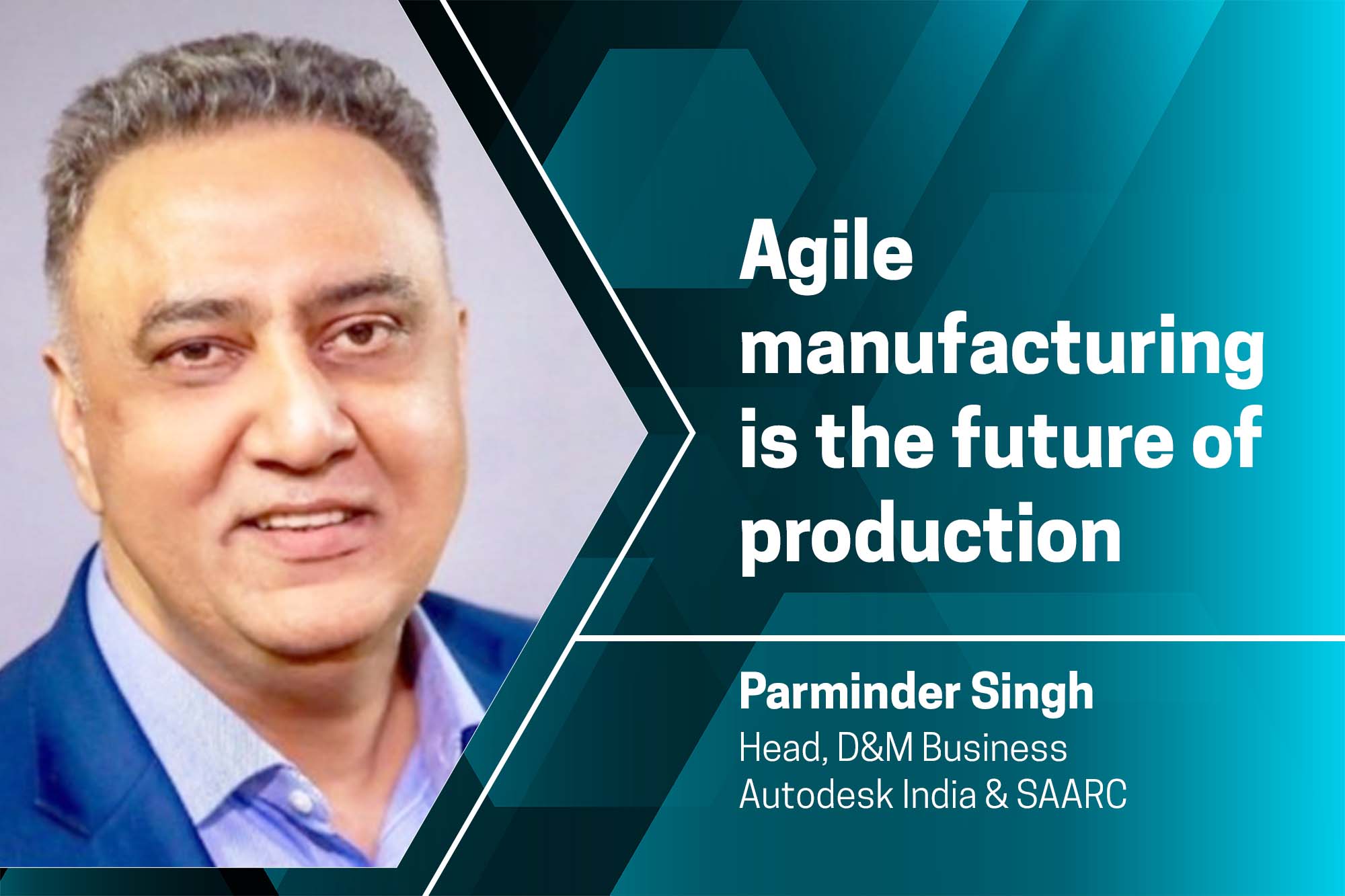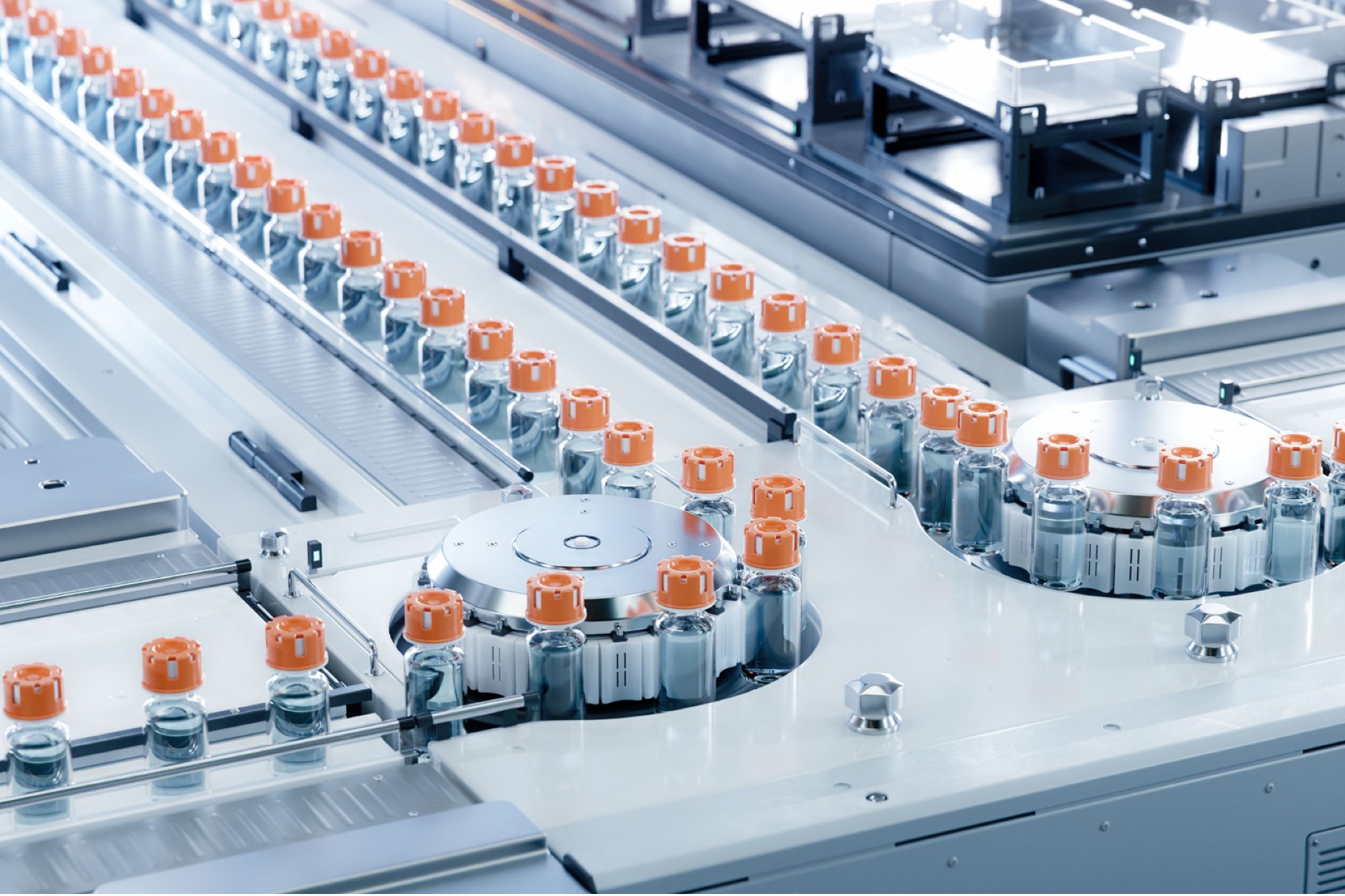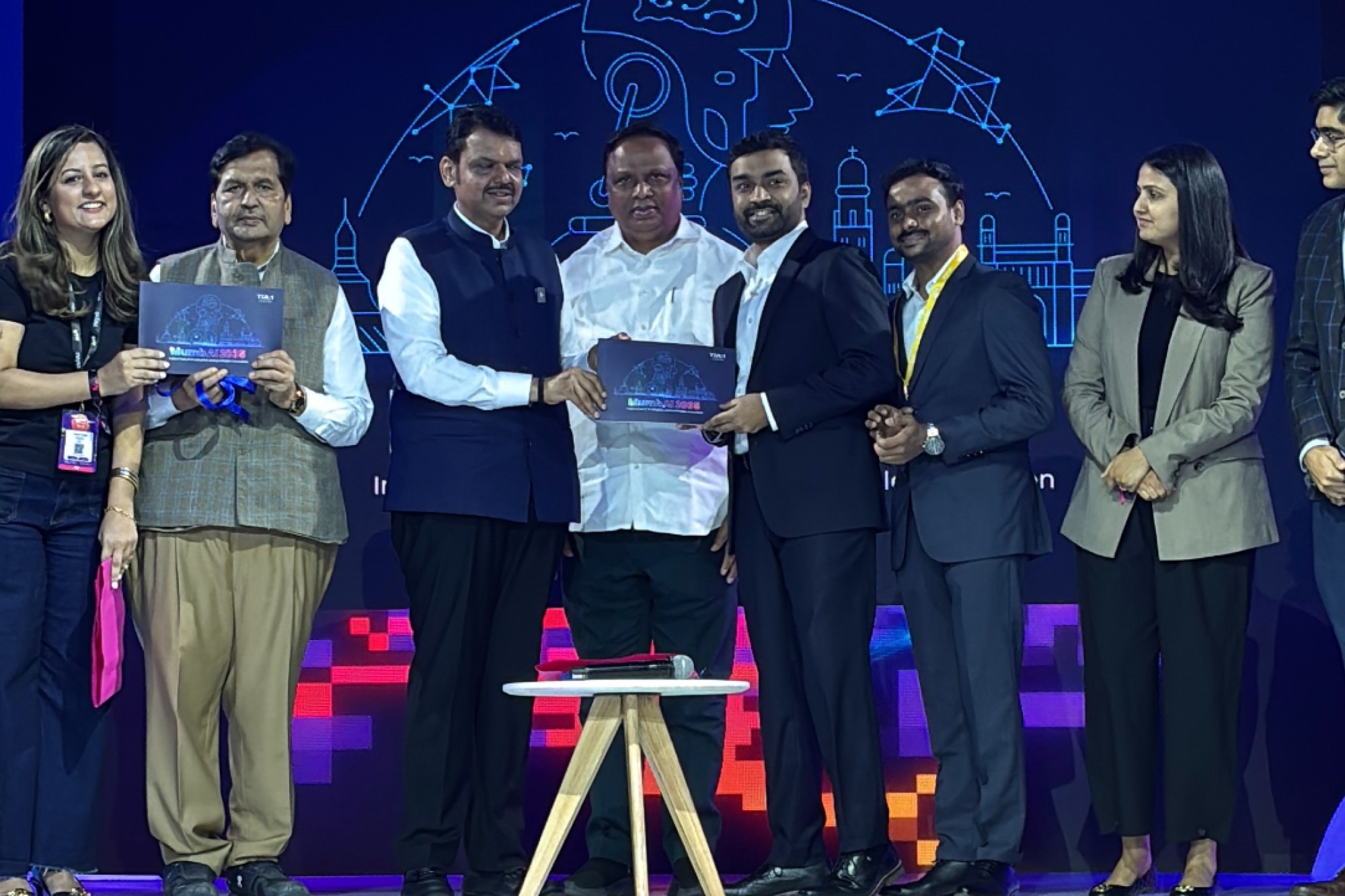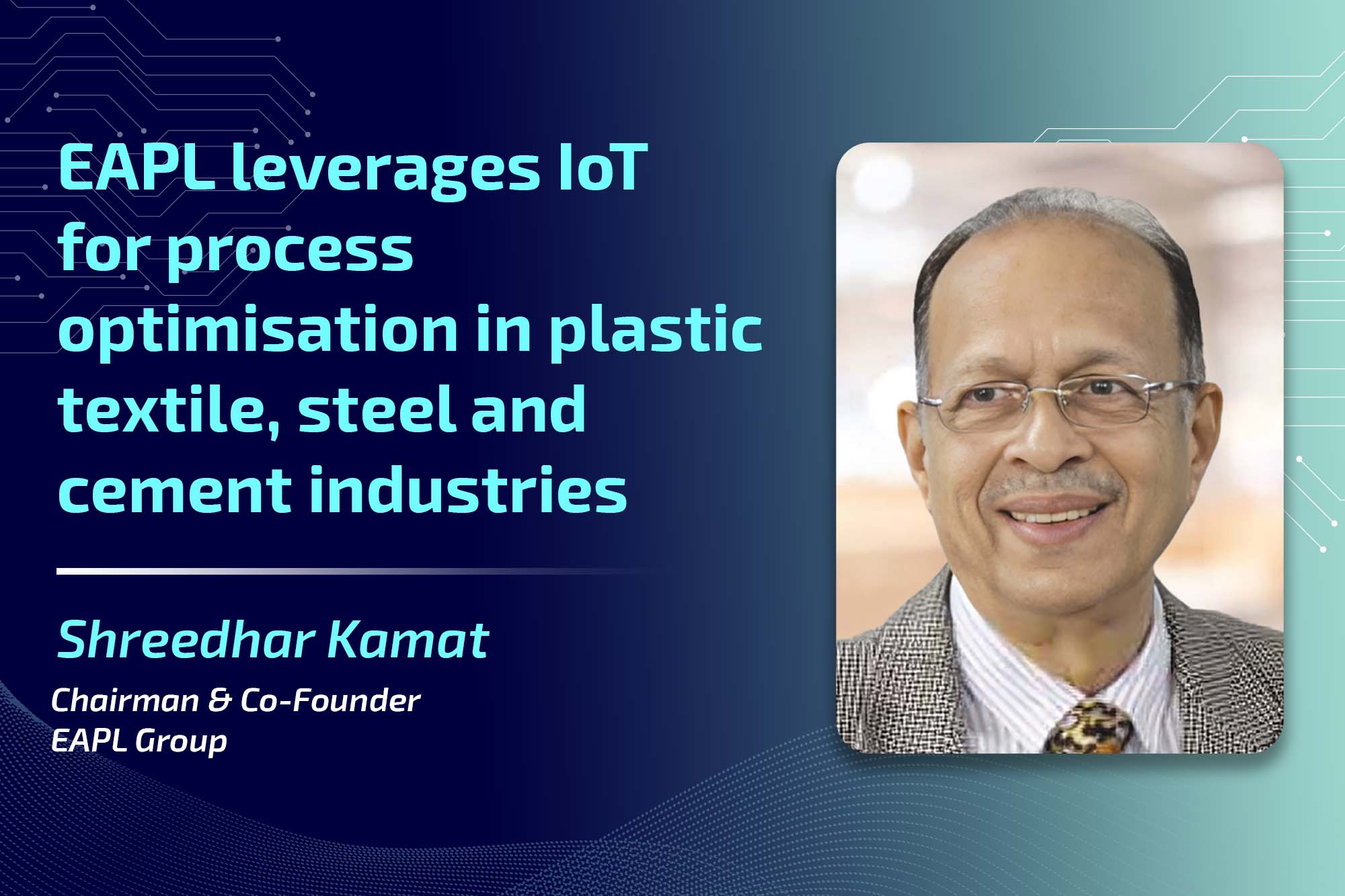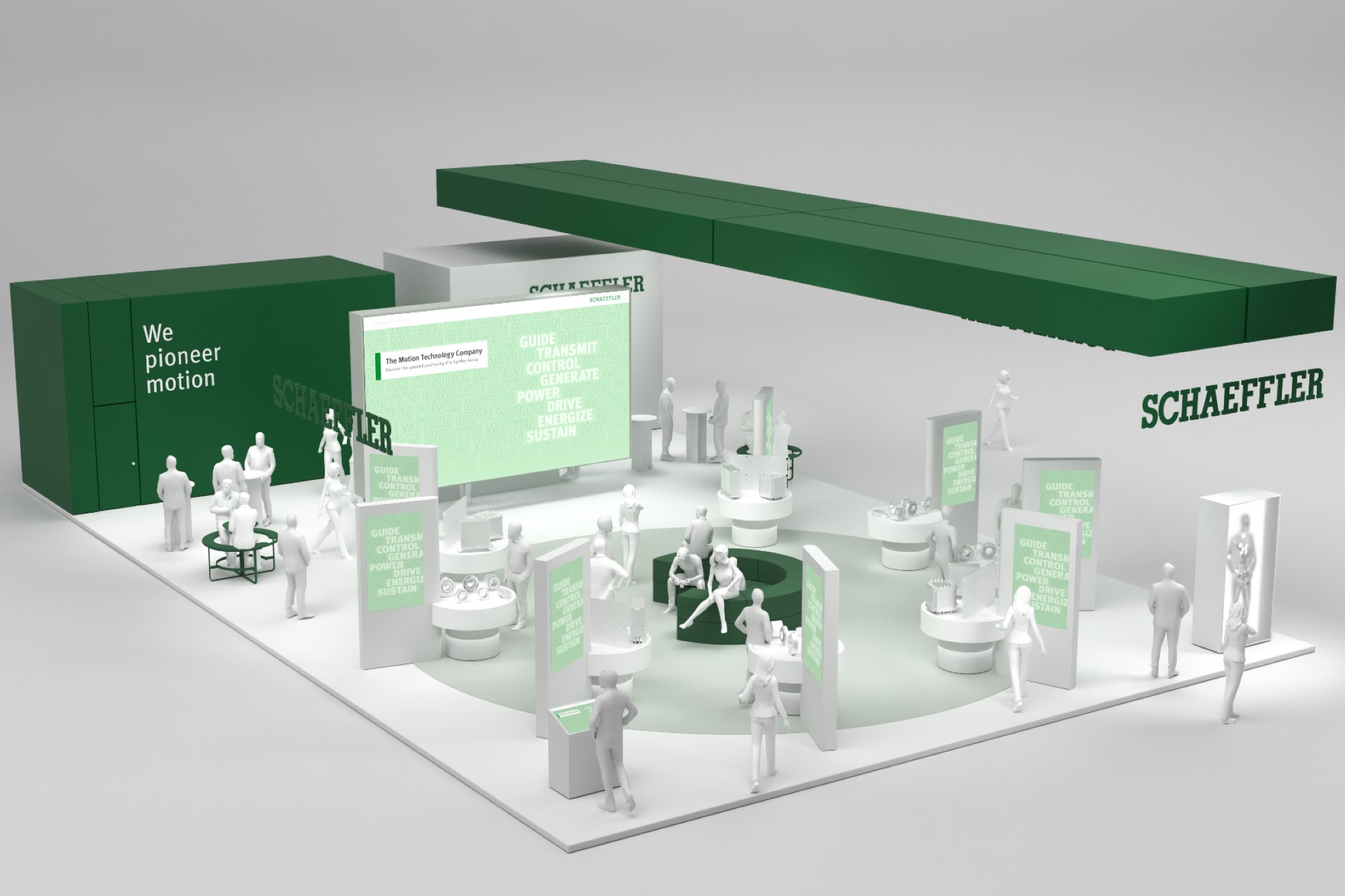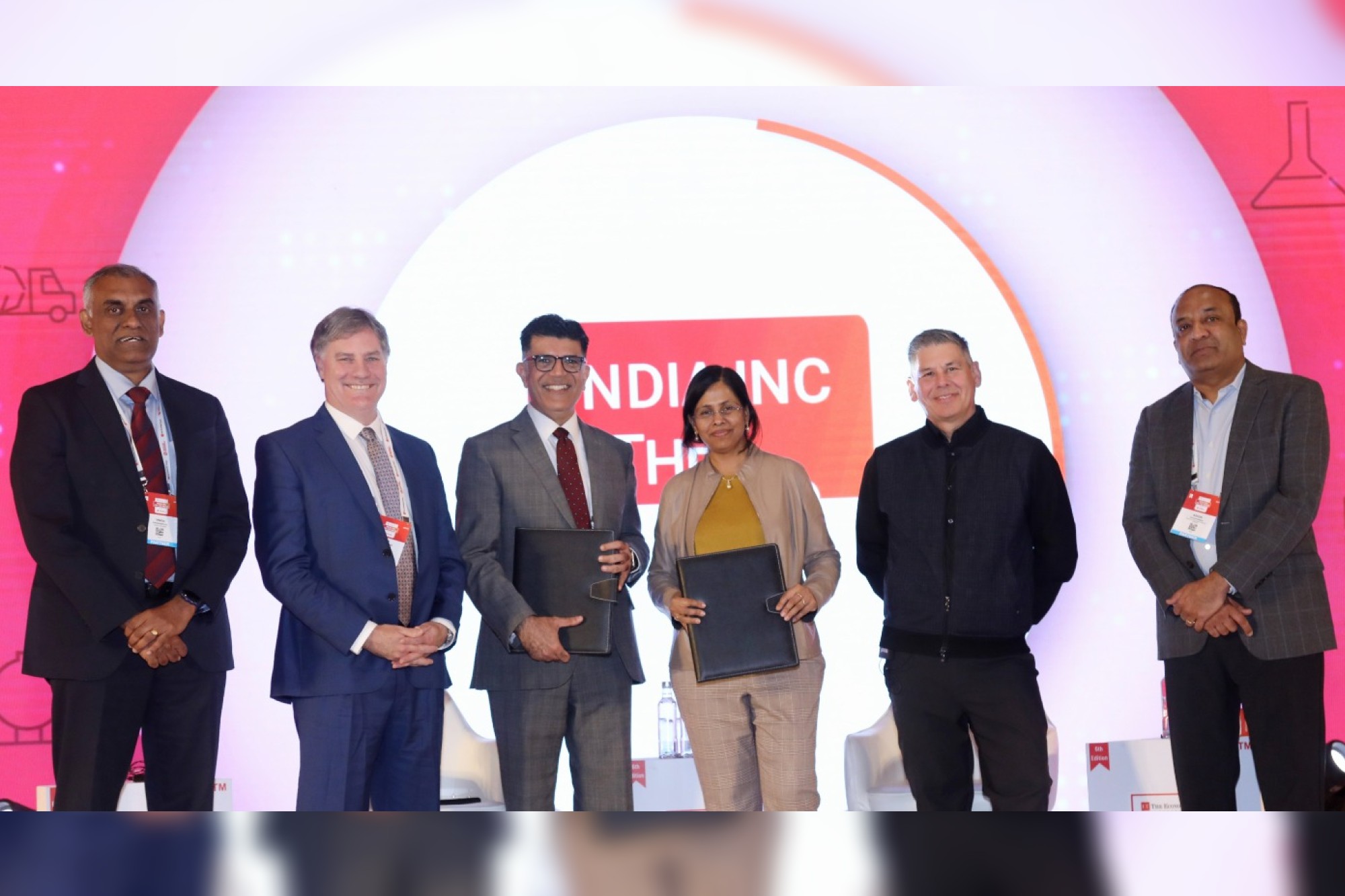Agile manufacturing is the future of production
By Staff Report December 21, 2024 1:58 pm IST
Autodesk’s suite of tools supports manufacturers by ensuring traceability, enhancing agile manufacturing, and promoting sustainability. Parminder Singh, Head, D&M Business, Autodesk India & SAARC, shares their key innovations, including AI-driven generative design, digital prototyping, and cloud-based collaboration, which improve efficiency, reduce waste, and support circular design principles.
How do Autodesk India’s products support manufacturers in ensuring traceability within their operations?
We have a comprehensive suite of tools to support manufacturers in ensuring traceability within their operations. Product Lifecycle Management (PLM) enables manufacturers to monitor and control every stage of a product’s journey, from initial concept and design to production, service, and eventual disposal. This ensures that every stage of the product development process is well-documented and traceable.
Digital prototyping is possible with tools such as Autodesk Inventor, which allows manufacturers to create and test digital prototypes of their products. This reduces the need for physical prototypes; all design changes and iterations can be recorded and traced. The same applies to Autodesk Vault, which provides powerful data management capabilities for manufacturers to store and manage their engineering data securely.
Autodesk’s Manufacturing Execution Systems (MES) solutions help manufacturers track real-time production processes, including monitoring the usage of materials, labour, and equipment.
Autodesk’s solutions support quality management by enabling manufacturers to document quality checks and inspections. This ensures that defects or issues are recorded and traced back to their source. Autodesk’s tools help manufacturers manage their supply chains by providing visibility into the sourcing and movement of materials.
Overall, Autodesk’s suite of tools provides comprehensive support for traceability in manufacturing operations. It allows manufacturers to maintain detailed records of their processes and products, thereby enhancing accountability, compliance, and quality assurance.
How does Autodesk enable businesses to adapt effectively to fluctuating demand driving the need for agile manufacturing?
Autodesk provides several tools and solutions that enable businesses to adapt effectively to fluctuating demand and drive agile manufacturing. We have cloud-based platforms like Fusion that allow for real-time collaboration and data sharing across different teams and locations. This ensures that design and engineering teams can work together seamlessly, making responding quickly to changing demands easier.
Our design tools, such as AutoCAD, Inventor, and Revit, offer powerful capabilities for creating and modifying designs quickly. These tools support rapid prototyping and iterative design processes, allowing manufacturers to adapt their products to meet changing market needs.
Autodesk’s digital twin technology enables manufacturers to create virtual replicas of their physical products and production processes. This allows for real-time monitoring and simulation, helping businesses to optimise their operations and respond swiftly to changes in demand.
We have generative design tools that use AI and machine learning to explore design alternatives based on specified constraints and goals. This helps manufacturers quickly identify the most efficient and adaptable designs, reducing time to market and same is followed by our Product Lifecycle Management (PLM) solutions which provide comprehensive tools for managing the entire product lifecycle.
We support additive manufacturing (3D printing) through tools like Netfabb, which streamline the process from design to production. Additive manufacturing enables rapid prototype and final part production, allowing businesses to scale production up or down quickly as per demand.
Our simulation tools allow manufacturers to test and virtually validate their designs before physical production. This reduces the risk of costly errors and ensures that products can be efficiently adapted for new requirements.
Our solutions help manufacturers manage their supply chains more effectively by providing visibility into the sourcing and movement of materials. This enables better planning and coordination for manufacturers to respond quickly to supply chain disruptions and demand changes.
How does Autodesk help extend product lifecycles and minimise waste in the context of sustainable and circular designs?
Our generative design tools use AI and machine learning to generate multiple design alternatives based on specified constraints and goals. This allows designers to optimise for material efficiency, reduce weight, and minimise waste, leading to more sustainable products. Autodesk tools like Fusion and Revit include features for conducting lifecycle assessments. These assessments help designers understand the environmental impact of their materials and processes, enabling more informed decisions that reduce negative environmental impacts throughout the product lifecycle.
Our design software offers material optimisation capabilities, allowing designers to select sustainable materials with lower environmental impacts. This includes the ability to simulate and analyse different materials’ performance, helping reduce waste and improve recyclability.Autodesk’s digital prototyping tools allow designers to create and test virtual models, eliminating the need for physical prototypes, reducing material waste, and accelerating the design process.
We support additive manufacturing (3D printing) through tools like Netfabb. Additive manufacturing generates less waste than traditional subtractive methods because it constructs products layer by layer, using only the precise amount of material needed.
Autodesk’s PLM solutions have tools for managing the entire product lifecycle. This includes capabilities for tracking product usage, maintenance, and end-of-life processes, ensuring that products are used efficiently and sustainably throughout their lifecycle.
Our tools support design for disassembly, making it easier to拆 products at the end of their life for recycling and reuse, which reduces waste and extends material lifecycles. Autodesk’s tools, like Fusion, include sustainability and environmental impact analysis. These features help designers assess and improve the sustainability of their designs, leading to more efficient and environmentally friendly products.
By leveraging these tools and solutions, Autodesk helps designers and manufacturers create more sustainable products, have longer lifecycles, and generate less waste. This supports the circular design principles, where products are designed to be reused, refurbished, and recycled, contributing to a more sustainable future.
Can you share any upcoming innovations from Autodesk that excite the manufacturing community?
We are continually innovating and these innovations are happening through the integration of AI in our flagship products, Fusion 360 and Alias. One of the standout features is Drawing Automation in Fusion 360, which leverages AI to streamline the creation of 2D drawings from 3D models. This automation reduces the time and effort required for generating manufacturing-ready documentation by automatically laying out drawing sheets, applying styles, and even identifying and removing fasteners.
In addition, AI capabilities in Alias enhance the design process by providing advanced tools for creating and refining complex surfaces with greater precision and speed. These tools help designers and engineers quickly iterate and optimise their designs for innovative, high-quality products.
Furthermore, our AI-driven solutions facilitate better collaboration and real-time data sharing, enabling teams to work efficiently and make informed decisions faster.
How does Autodesk’s generative design technology contribute to advancements in the manufacturing industry?
Our generative design technology uses algorithms to explore design permutations, optimising for constraints and goals such as weight, strength, cost, and manufacturability. This leads to innovative and efficient design solutions that might not be achievable through traditional design methods. By optimising designs for material usage, generative design helps reduce waste and lower material costs. This benefits industries with high-cost materials, such as aerospace and automotive manufacturing. Generative design helps create components that are lighter and stronger and also suited to their intended functions.
The technology allows designers and engineers to quickly generate and evaluate multiple design alternatives. This accelerates the innovation process, enabling faster product development cycles and quicker time to market. Generative design also makes it easier to create customised and personalised products. This is useful in industries like medical device manufacturing, where tailored solutions can improve patient outcomes.
Generative design is well-suited for advanced manufacturing techniques such as additive manufacturing (3D printing). It enables the creation of complex geometries that would be difficult or impossible to produce with traditional manufacturing methods.
Generative design supports sustainable manufacturing practices, utilising resources efficiently and reducing waste. It helps manufacturers lower their environmental impact and adhere to sustainability goals.
Cookie Consent
We use cookies to personalize your experience. By continuing to visit this website you agree to our Terms & Conditions, Privacy Policy and Cookie Policy.



